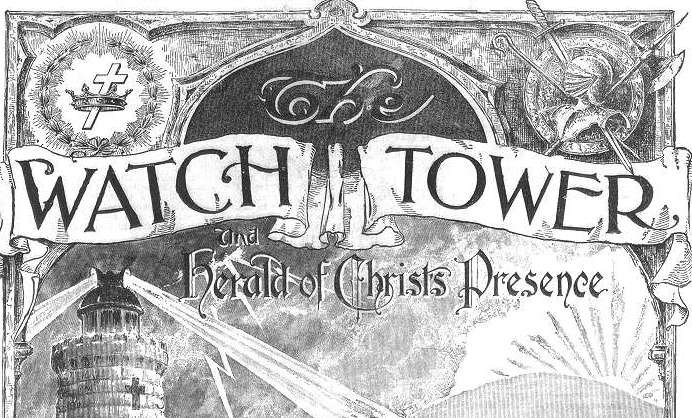STRASBOURG, June 6 (RAPSI, Ingrid Burke) - The European Court of Human Rights (ECHR) held Thursday that the rights of two Jehovah’s Witnesses in Russia had been violated when their medical records were disclosed to prosecution authorities as a consequence of their refusal to accept blood transfusions.
According to the website of the international Jehovah’s Witnesses religious organization, adherents do not categorically reject all forms of medical treatment. The organization does, however, reject certain specific treatments, including blood transfusions. As explained by the website: “Some treatments conflict with Bible principles… and we reject these. For example, we don’t accept blood transfusions because the Bible forbids taking in blood to sustain the body. (Acts 15:20) Likewise, the Bible prohibits health treatments or procedures that include occult practices.—Galatians 5:19-21.”
According to the ECHR judgment, in light of a pending prosecutorial inquiry into the religious organization, a St. Petersburg Deputy City Prosecutor had asked the local health authorities to instruct all of the city’s medical institutions to report each instance of the refusal by Jehovah’s Witnesses to accept the transfusion of blood or blood components. The prosecutor had written a letter in June 2007 explaining: “the city prosecutor’s office is investigating the lawfulness of the activity of the religious organisation known as the Administrative Centre of Jehovah’s Witnesses in Russia. The ideology of the said organisation forbids its adherents to accept transfusions of blood or blood components. An investigation has established that in a series of cases refusals of blood transfusions hindered the administration of qualified medical care and aggravated the illness. In view of the above, I request that you instruct all medical institutions in St Petersburg to inform the committee, without delay, of any incidents of refusal of transfusion of blood or its components by individuals who are members of the said religious organisation.”
The applicants before the ECHR include the Administrative Centre of Jehovah’s Witnesses in Russia (ACJW-Russia), as well as three Russian nationals: Yekaterina Avilkina (b. 2006) – who underwent chemotherapy via a “non-blood management treatment plan” in a public hospital which ultimately reported her case to prosecutors; Nina Dubinina (b. 1959) – whose request for a non-blood management treatment was rejected by a public hospital, which in turn refrained from reporting her case to prosecutors; and Valentina Zhukova (b. 1956) – whose records were disclosed to prosecutors after she underwent an operation without the use of foreign blood.
The court considered the complaints of Avilkina and Zhukova, but held that the applications filed by Dubinina and ACJW-Russia were inadmissible due to the fact that neither was directly impacted by the alleged rights violation. In the case of Dubinina, this was due to the fact that her medical records were not subject to disclosure.
In finding that the rights of Avilkina and Zhukova had been violated, the ECHR reasoned that the disclosure of their medical records had not been anchored in a pressing social need. The applicants had not been somehow implicated in any criminal investigations. The treating medical centers had not reported any suspicions of criminal activity to prosecutors. In fact, the doctors treating Avilkina – who was two years old at the time – were entitled to seek judicial authorization for a blood transfusion if the situation became dire. Furthermore, there was no evidence that Zhukova’s refusal to accept a blood transfusion came from any other source than her own will.
Accordingly, in the ECHR’s view: “In such circumstances, the Court does not discern any pressing social need for requesting the disclosure of the confidential medical information concerning the applicants. It therefore considers that the means employed by the prosecutor in conducting the inquiry need not have been so oppressive for the applicants.”
The ECHR held that the relevant national court judgments had not reflected adequate efforts by national authorities to balance the prosecutors’ interest in public health with the applicants’ privacy interests. Furthermore, the ECHR asserted that there had been a lack of relevant or sufficient reasons to justify the disclosure of the records.
Accordingly, the court held: “The above considerations are sufficient for the Court to conclude that the collection by the prosecutor’s office of confidential medical information concerning the applicants was not accompanied by sufficient safeguards to prevent disclosure inconsistent with the respect for the applicants’ private life guaranteed under Article 8 of the Convention.”
The court allocated damages in the amount of EUR 5,000 to each Avilkina and Zhukova. Furthermore, the court granted Avilkina EUR 2,522 and Zhukova EUR 1,880 in costs and expenses.



